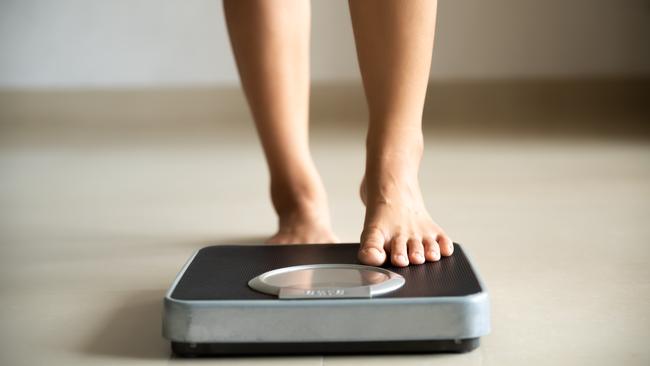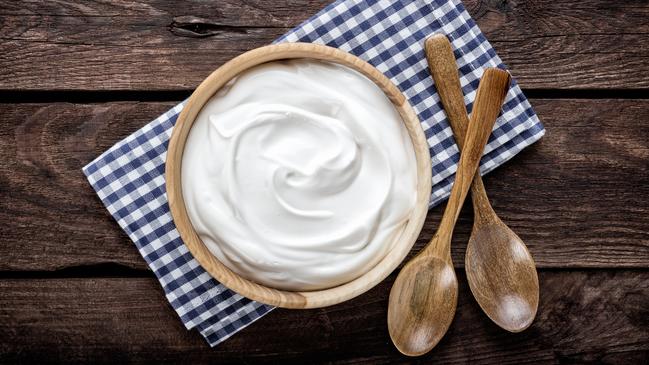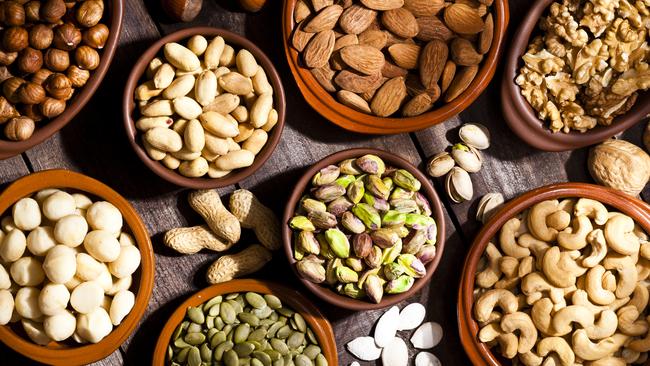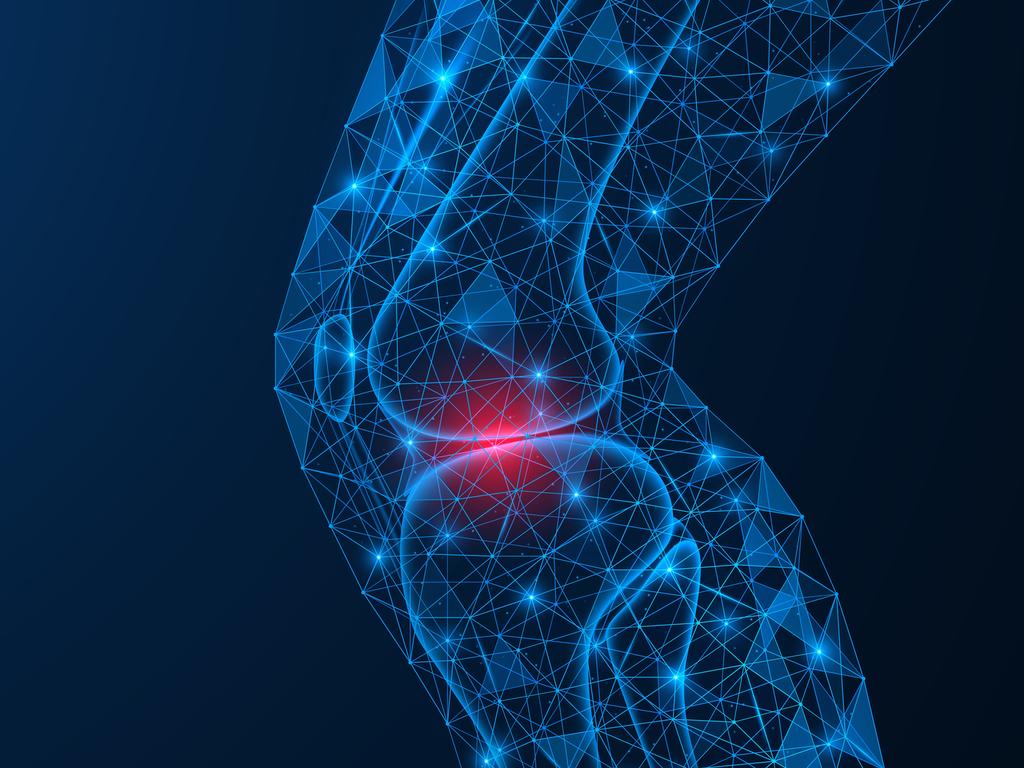The six ways to prevent weight gain
Many of us are approaching summer carrying extra kilos, but these evidence-based strategies can keep excess flab at bay

With summer a few weeks away, we are more conscious than ever of the months spent curling up and comforting ourselves with carbs.
Studies have shown that weight gain of more than 2kg is not unusual as we hunker down, eat at least 86 calories a day more without trying and move less.
Alex Ruani, a researcher in nutrition science at University College London and chief science educator at the Health Sciences Academy, says there are scientifically based fat-fighting strategies to shake off the effects of the hibernation period.
“Sometimes the smallest changes to your diet or exercise can make a difference when it comes to preventing pounds from creeping on,” she says.
Here are the latest ways to keep winter fat at bay.

Do a HIIT and a 14:10 combo
Severe calorie-cutting with no exercise leaves you looking scrawny, while workouts alone are a frustratingly slow route to weight loss. The way forward is what some exercise scientists call body recomposition, the process of building lean muscle mass at the same time as shedding body fat.
“With some very low-carb, high-fat diets such as the keto there tends to be a more marked loss of muscle mass, largely because of a decline in muscle glycogen, which is stored with water,” Ruani says.
“Muscle mass seems to be more easily retained with time-restricted eating – eating all of your daily calories within a set number of hours, which also helps with fat burning, but the best results are seen when TRE is paired with intense exercise.”
Precisely how effective they can be together was shown in a recent Australian study published in Cell Metabolism. Professor John Hawley, an exercise biologist at Australian Catholic University in Melbourne, and Dr Trine Moholdt, a researcher from the Norwegian University of Science and Technology, combined the trends of high-intensity interval training with the 14:10 TRE approach – consuming all daily calories within a 10-hour window. Done separately, each of these has proven metabolic benefits that include a reduction in deep belly fat. Done together their effects appear to be amplified.
Hawley and Moholdt divided 131 overweight or obese women into four groups each assigned a different lifestyle plan for seven weeks. One group adopted the 14:10 diet, another group did a 35-minute HIIT session, at 90 per cent of maximum heart rate, three times per week, a third group did the TRE and HIIT combo, and the remaining control group did their own thing. The results showed that the combo group most dramatically slashed belly fat and total body-fat levels, with twofold reductions compared with those who did TRE or HIIT in isolation – and as a bonus they made a greater improvement to their long-term blood sugar control than others in the study.

Take a cold bath
Most people prefer to bathe or shower in water at a temperature of 37C (lukewarm) to 40C, but braving it by turning the dial down to less than 20C regularly may be a step worth taking for the sake of blasting body fat.
It may be the last thing you feel like doing when outdoor temperatures dip, yet Norwegian scientists reviewing 104 papers on cold-water immersion (that includes outdoor swimming and cold baths) concluded that while many of the health benefits of cold-water dips are overplayed, it might help with weight loss. Bathing in cold water was shown to activate brown adipose tissue, a type of “good” body fat that burns calories, unlike “bad” blobby white fat, which stores calories.
“Cold-water immersion seems to activate and transform body adipose tissue, as well as reduce insulin resistance and improve insulin sensitivity,” wrote the lead author, James Mercer of the Arctic University of Norway. “It can have a protective effect against cardiovascular, obesity and other metabolic diseases.”
You would need to do it several times a week for it to have an effect, but can start with 15 to 20-second bursts of cold-water exposure and build up gradually. One study published in the European Journal of Applied Physiology found that taking a bath at a chilly 14C increased metabolism and calorie burning by 350 per cent. The downside – you would need to stay in for an hour. Brr.
A tip for next winter: the Norwegian team say just getting outside on a chilly day appears to increase the production by your body’s fat tissue of a hormone called adiponectin, helping to protect against obesity-related conditions such as type 2 diabetes.

Curb the late-night eating
That glass of wine or mug of cocoa and comforting carbs on a dark evening are habits best avoided. While experts differ on whether there is a specific best time to eat meals, they tend to agree that we should not eat much within three hours of bedtime. Late snacks and meals not only slow production of the appetite-suppressing hormone leptin, driving our urge to eat more over the next 24 hours, but according to a study at Brigham and Women’s Hospital in Boston, Massachusetts, they can also change molecular pathways in adipose tissue, prompting the body to store more fat.
Nina Vujovic, a researcher in the Medical Chronobiology Program at Brigham and one of the paper’s authors, says they found that “eating four hours later (than usual) makes a significant difference for our hunger levels, the way we burn calories after we eat and the way we store fat”. The later in the evening participants ate, even “when everything else was kept consistent”, the more likely they were to display “gene expression changes” in adipose tissue that promoted fatty deposits and accumulation of body fat.
Ruani says if you can’t avoid eating in the evening, make sure your eating patterns stay consistent. “If you have a late chronotype or body clock and naturally go to bed later, it is important to start and stop eating your night meal at the same times daily, and not to drift into the habit of consuming extra calories at other times,” she says. “Consuming your meals at the same time daily helps to synchronise your body clock, facilitating a more rhythmic production of hunger hormones, energy expenditure hormones and sleep hormones, all of which help with body weight control.”

Eat plain yoghurt once a day
Yoghurt contains live bacteria that help to maintain a healthy gut microbiome and, in turn, may help to prevent weight gain. Ruani cites a 20-year study in the US involving 120,877 participants, which found that regular yoghurt eaters avoided gaining about 450g in weight every four years if they ate one serving a day, 900g if they ate two servings, and so on for every additional daily serving, compared with non-yoghurt eaters. It was suggested that it was the proliferation of healthy bacteria in the digestive tract after eating yoghurt regularly that mitigated weight gain.
This year a team at King’s College London showed that eating yoghurt every week is associated with blasting visceral belly fat.
“Like other fermented foods, yoghurt can increase microbial diversity in the gut, which is associated with less internal fat around the middle,” Ruani says. “It is definitely worth adding natural yoghurt to your diet if you want to lose weight.”

Lift weights (and consider creatine)
Adding resistance training to your workouts a few times a week is one way to ramp up fat burning. Lifting weights (or your own body weight) builds muscle mass, and as a metabolically active form of tissue, muscle then burns more calories and raises your metabolic rate.
A study last year suggested that genetic signals produced after weight training jump-started the fat-shrinking process. The upshot is that people who stick diligently to resistance training each week are up to 30 per cent less likely to become overweight or obese over time than people who do not, regardless of other exercise they do.
Consuming creatine, a natural compound that helps to improve muscle contractions and muscular strength, can aid in accelerating fat loss by an average 900g when combined with resistance exercise, according to a recently published review of 35 studies involving more than a thousand participants. Creatine is found in large amounts in red meat, poultry and fish, and is available in supplement form. According to the researchers, vegans and plant-based eaters will likely experience a larger response to the fat-burning effects of creatine supplements because they don’t get as much of it from natural sources in their diet.

Eat more nuts and pulses
Few of us get enough fibre. Increasing your intake with more fruit, vegetables, seeds, nuts, pulses and wholegrains will help to fight flab in a few different ways.
Fibre fills you up so that you are less inclined to overeat at subsequent meals, and a low-fibre diet has been shown to interfere with the way we digest and use calories from our food, causing our bodies to store more excess calories as fat. Adding more fibre can cut the absorption of total calories from fat, protein and digestible carbohydrates.
“The many actions of fibre on digestion mean that it reduces overall caloric absorption, whereas with refined, highly processed foods your body rapidly absorbs all of the calories,” Ruani says.
“One study with detailed measurements concluded that increasing daily fibre intake from 18g to 36g a day resulted in an average 130 fewer calories absorbed by the body.”
The Times







To join the conversation, please log in. Don't have an account? Register
Join the conversation, you are commenting as Logout